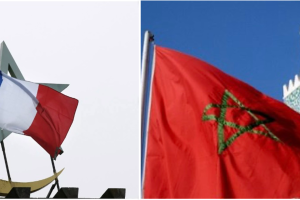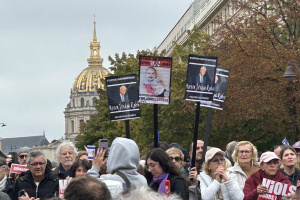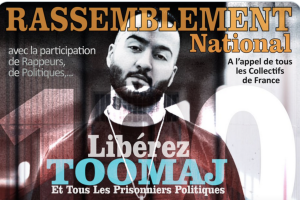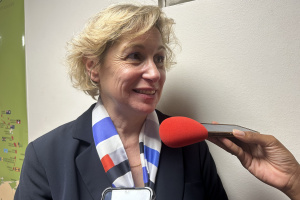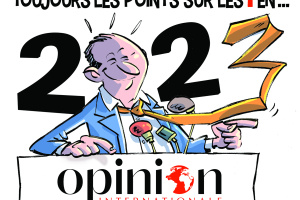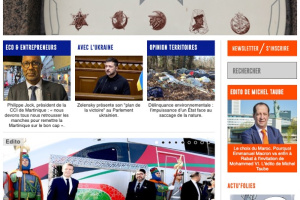Social media has captivated the Iranian youth and triggered a cultural revolution rooted in the modern « selfie. » The selfie is an image one takes of oneself, which typically undergoes a certain editing process, to ultimately be posted on social media apps, such as Instagram or Facebook. The selfie is a form of self-expression and is to be interpreted individually; it is most often used to express a state of mind or emotion. Selfies are often posted online with a caption through which the author may clearly define their message. The Iranians, particularly Iranian women, have adopted this form of self-expression as a platform for cultural and political rebellion.
 A social movement, inspired by a photo Masih Alinejad posted of herself in public with her hair exposed, started at the beginning of this year. It was unknowingly that the Britain-based Iranian journalist became the figurehead of a growing campaign against the strict Islamic dress codes in Iran. Hundreds of Iranian women have followed Alinedjad’s example and are posting photos of themselves without veils on the « My Stealthy Freedom » Facebook page. Women of all generations are bravely shedding their veils in public and letting them fly like banners in the wind as a proud call for freedom.
A social movement, inspired by a photo Masih Alinejad posted of herself in public with her hair exposed, started at the beginning of this year. It was unknowingly that the Britain-based Iranian journalist became the figurehead of a growing campaign against the strict Islamic dress codes in Iran. Hundreds of Iranian women have followed Alinedjad’s example and are posting photos of themselves without veils on the « My Stealthy Freedom » Facebook page. Women of all generations are bravely shedding their veils in public and letting them fly like banners in the wind as a proud call for freedom.
When interviewed by The Guardian, Hedieh, a fourth year psychology student at Azad University, said: « Maybe it’s because we’re not free from hijab, so this type of self-presentation is very important for us. » Many secular women use the selfie as a means of realising an existence that their culture denies them. Furthermore, Iranians are developing an increasing presence on social media and the unveiled selfies posted to Facebook have received considerable attention and appreciation online.
In an interview with Haaretz, Alinejad explains the political importance of the veil in the repression of women: « When I was in Iran, my hair was like a hostage of the Iranian government. » These women see the veil as a symbol for the submissiveness and political inferiority of women. They wish to capture the ephemeral moments in which they affirm their free will and choose not to obey the strict laws, which bind them. This movement, channeled through something as simple as the selfie, has allowed women of all generations throughout Iran to affirm their right to self-expression and demand greater personal freedoms.
Alinejad currently lives in the United Kingdom and works for a news show called « OnTen. » It was on her show that she called upon Iranian women to capture their « private moments of freedom » through selfies and post them online. Her call for free expression has released a torrent of female voices; the captions posted under selfies are often heavy with emotion and the power of will. One woman wrote: « I just want to have the right to CHOOSE! Maybe I would have even chosen to wear a scarf if I’d had the options to choose from. But it hurts me so much when others make decisions for ME instead of myself. »
The Iranian government retaliated by vilifying Alinedjad through the state TV news channel IRINN with a clip claiming that Alinejad had been raped by three men, in front of her son, on the London Underground after she took her clothes off while high on drugs. This counter-attack, along with the arrest of six young people in May who posted a video of them singing along to « Happy » by Pharrell Williams, has demonstrated the government’s opposition to such acts perceived as cultural rebellion. However, despite the government’s firm position, these movements illustrate an ardent desire for personal freedom and cultural change among the Iranian population, particularly among women and youth.
However, Hassan Rohani, the moderate elected president, has demonstrated sympathy for these controversial movements. On his English language Twitter account, Rohani posted « #Happiness is our people’s right. We shouldn’t be too hard on behaviours caused by joy. » White many Iranian officials are hesitant to allow for cultural deviation, particularly through social media, Rohani has called for greater tolerance. « We should see the cyber world as an opportunity » he said, quoted by the IRNA news agency. The president has even posted selfies in the past on social media.
However, protests have broken out among conservatives in Iran, demanding an adherence to the Islamic laws. They insist that immorality has plagued the society, particularly with the rise of social media. Fears of the rise of a culture of narcissism and a discomforting rapprochement with the West have prompted conservatives to criticise Rohani for his liberalism and endorsement of nuclear accords with the world powers.
The selfie, a seemingly trivial element of Western social media, has been adopted and transformed by the Iranian people into a vehicle for social change. Iranian women have seized this opportunity to claim the power of expression, but to what end? Electronic technologies have transformed the Iranian political landscape, creating an emboldened return to politics, allowing for collective resistances against the existing authority. How this chorus of dissent will shift the political environment is unknown, but a shift will be inevitable. Iran is home both to an ancient culture and a young, dynamic population. How the two will be reconciled is yet to be seen, but the calls for freedom of the women of Iran are now being heard throughout the world and plant the seeds for a new era of change.








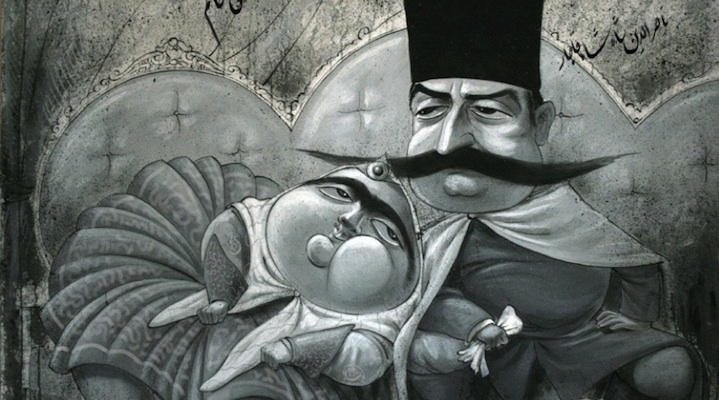


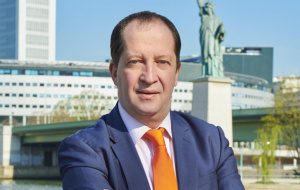
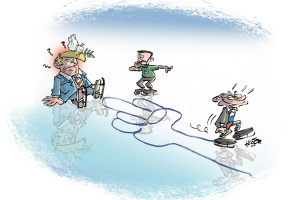


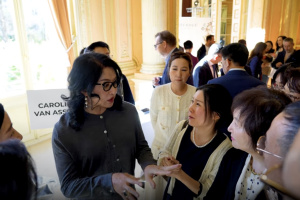
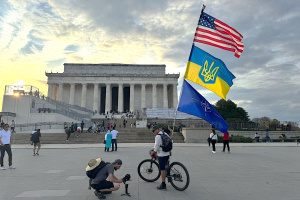
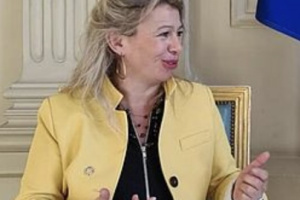
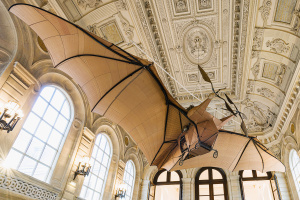


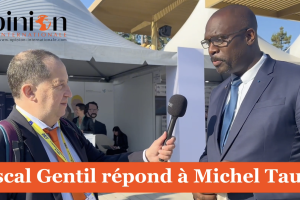
 Opinion Paris 2024
Opinion Paris 2024


